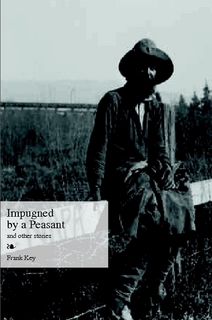1. Now there dwelt in Gath a moptop whose name was Ringo. And one day the Lord appeared to Ringo and he was sore affrighted. Ringo tugged at the fringe of his moptop so it might cover his eyes that he could hide the Lord from his sight.
2. “Be not afeared, moptop!” boomed the Lord, for the Lord always spake in a boom when He appeared in Gath.
3. And Ringo, who carried a stick in each hand with which he thumped animal hides, had dropped his sticks when tugging at his hair.
4. “Pick up thy sticks!” commanded the Lord, and Ringo did so.
5. “What dost thou want with me, Lord?” wailed Ringo. He was an hairy moptop with many rings on his fingers and an innate sense of rhythm.
6. “Thou shalt hie thee hence to Pisgah,” boomed the Lord, “And thou shalt climb to the top of the mountain and thou shalt thump thy sticks there, upon the hides of bison and salamander, stretched upon a frame, and thump them too upon discs of metal, and make a din.”
7. And the Lord made mysterious manoeuvres with his hands and blessed Ringo the moptop, and then He vanished in a cloud of vaporousness, and all was still, and Ringo was alone in Gath.
8. And Ringo betook himself with great haste to the main railway terminus in Gath where he might catch a train to take him all the way to Pisgah.
9. Now at the railway terminus there was a satrap of exceeding girth, and Ringo spake unto him, saying, “I am sent to Pisgah by the Lord, but I know not how I might journey thence from here.”
10. And the satrap led Ringo to a tank engine and commanded him in a voice of great pomp to step aboard. The engine was blue, the blue of heaven.
11. And with chugs and wheezes the tank engine with the moptop aboard set off along the branch line to Pisgah.
12. But lo! unbeknownst to Ringo the satrap of exceeding girth had so arranged things that the engine was shunted into sidings half way between Gath and Pisgah, and there it sat, and would not move.
13. And thus did Ringo the moptop find himself marooned and far from Pisgah, and from the mountain top, and his two sticks dangled from his beringed fingers with nought to thump, and he wept.



